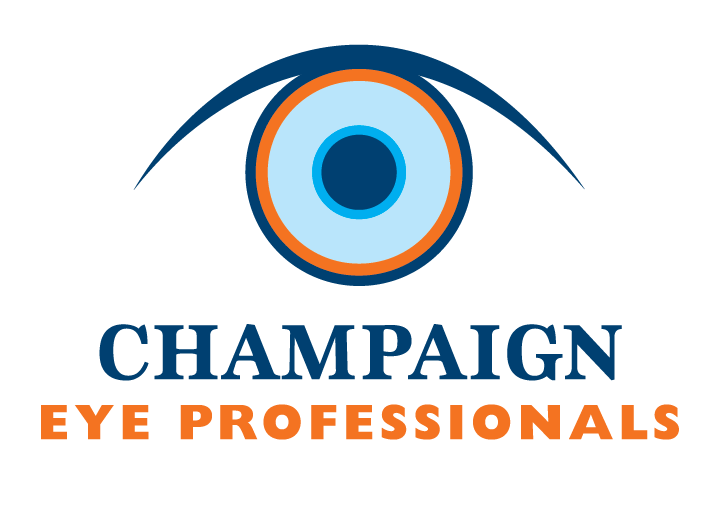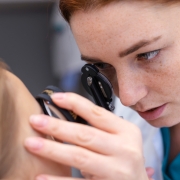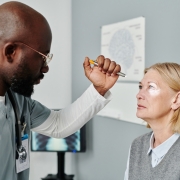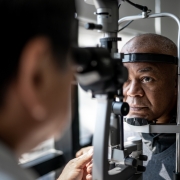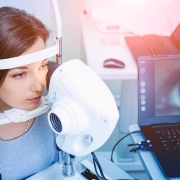How Often Should I Replace My Prescription Sunglasses?
Prescription sunglasses are a relatively big investment for most people. More than just a pair you pick up at the drugstore, these are carefully calibrated to help you see during the day without exposing your eyes to the sun’s dangerous rays. The general advice from aneye doctor in Champaign, IL is between one and three years, though this is a big enough gap that you should want to know more about the topic. We’ll look at when to replace them, so you can stay safe without breaking the bank.
Your Prescription Changes
It’s going to be pretty tempting to keep wearing yourprescription sunglasses in Champaign, IL if your doctor discovers a relatively minor change in your vision. You may assume that you can see just fine during the daytime with your old pair. However, considering that the lenses may obscure objects in low lighting already, you really shouldn’t take the chance.
Your Sunglasses Are Showing Signs of Wear
The changes to your sunglasses occur very gradually over time, which can make them hard to notice. For example, if you take a closer look at the lenses, you may see that the coating of the sunglasses has worn off entirely, something that you didn’t really take note of while it was happening. If you’ve noticed that you don’t see as well or that you’re getting headaches due to bent frames, it’s probably time for a change.
Find Prescription Sunglasses in Champaign, IL
If you’re wearing prescription sunglasses during critical activities, like driving or biking, it’s exceptionally important that you have a pair that works for you. Whether you’re just tired of the style, you need new lenses, or the frames are shot, visit Champaign Eye Professionals to find a wide range of frames.
